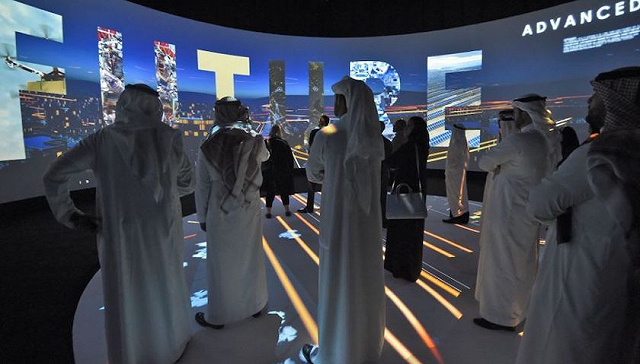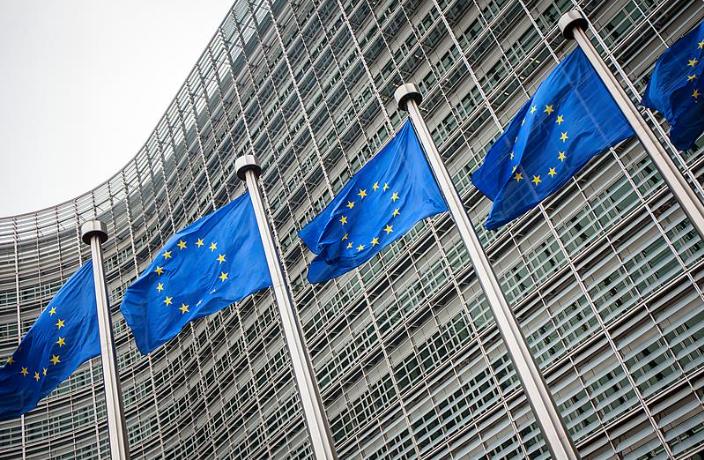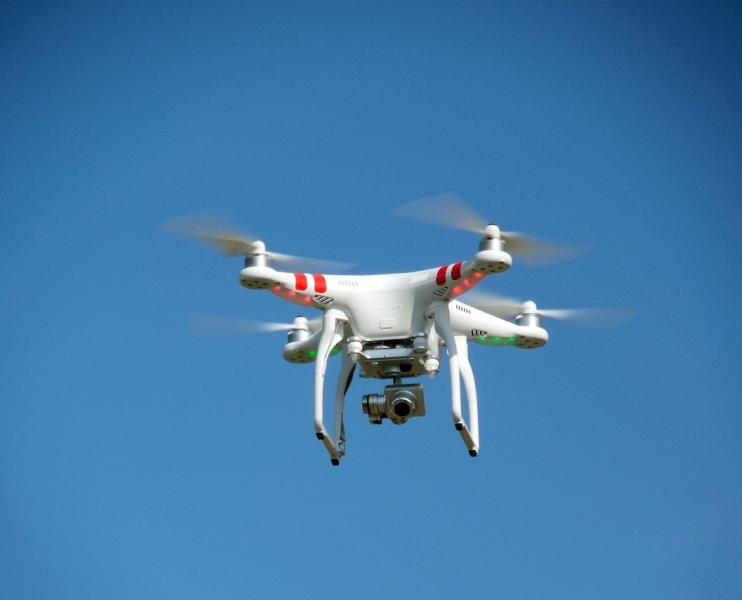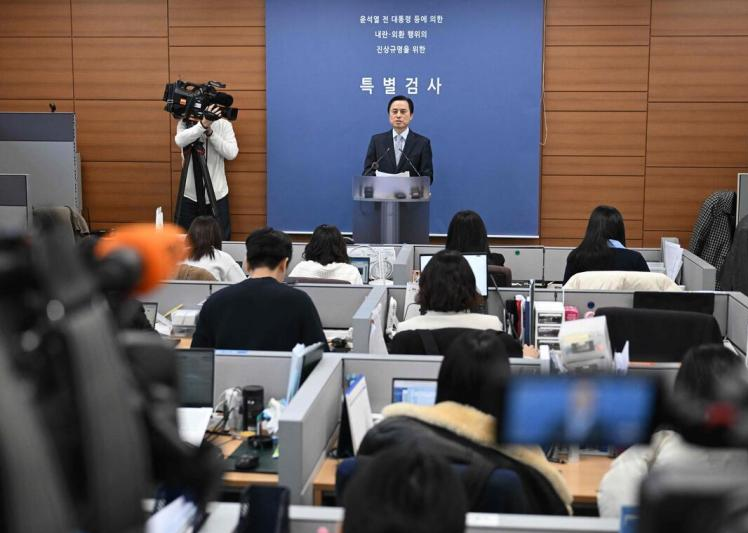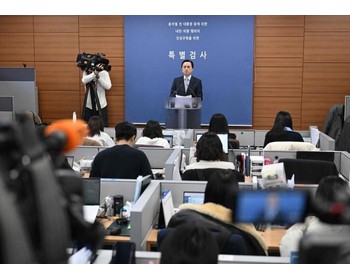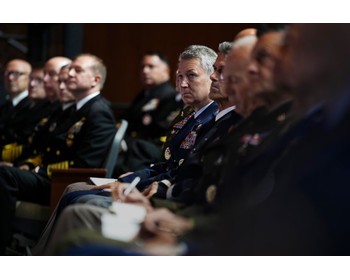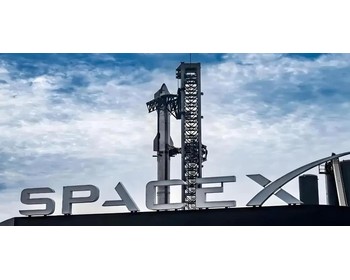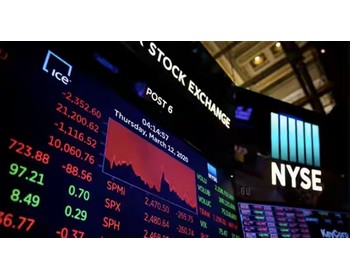Recently, the long-running acquisition of Microsoft and Activision Blizzard for nearly $75 billion was finally completed. The acquisition made Microsoft the third-largest gaming company in the world and a thorn in the side of global regulation. In contrast to Microsoft's fanfare, there is such a giant company that secretly owns a stake in the world's most famous gaming company. The giant behind this is the Saudi sovereign wealth Fund, the Middle East rich not only bought up the global gaming industry, but also spent $40 billion, vowing to make Saudi Arabia the "ultimate hub" of gaming and esports. Why are Middle Eastern oil billionaires targeting the games industry? How will the oil money from the Middle East affect the future of the global games industry?
Saudi Arabia's sovereign wealth fund, also known as the Public Investment Fund (PIF), has played a key role in this wave of gaming investment, pouring nearly $40 billion into several well-known gaming companies and esports around the world. To invest in gaming, the Saudi sovereign wealth fund, which is said to have $650 billion, set up a conglomerate in 2022 called Savvy Games Group, chaired by Crown Prince Mohammed bin Salman, with the goal of transforming the kingdom into "the ultimate global hub for gaming and esports" in the short term.
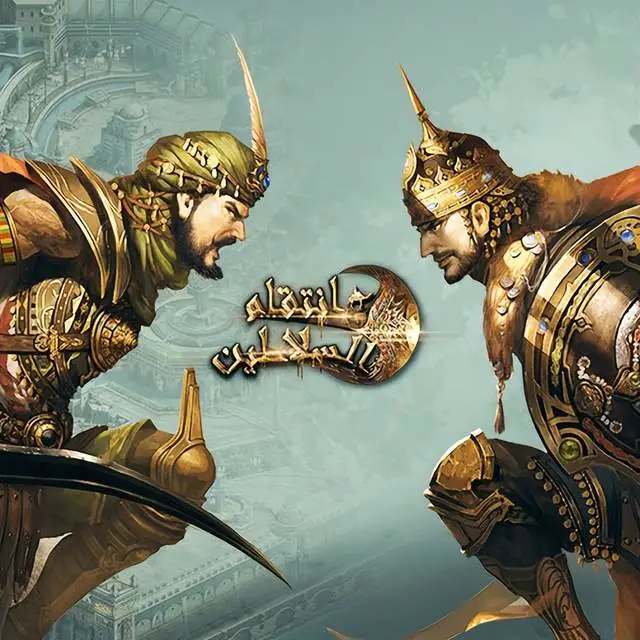
In recent years, Saudi Arabia has sounded the acquisition drum in the global game circle, becoming the largest outside shareholder of a number of well-known game companies, and has invested heavily in well-known game companies such as Nintendo, Electronic Arts, Activision Blizzard, Take-Two, and constantly increasing its stake in some of them. According to incomplete statistics, Saudi Arabia already owns more than 8% of the shares of Nintendo, 9% of the shares of Electronic Arts, 4.9% of the shares of Activision Blizzard, 6.69% of the shares of NC soft, 10.23% of the shares of Nexon, and 96% of the shares of "Boxing Emperor" publisher SNK, etc., with a total value of at least tens of billions of dollars. In addition to Saudi Arabia, other countries in the Middle East have also joined the wave of investment in the game industry, especially the UAE, Qatar and other countries, forming the overall influence of the Middle East on the global game industry.
For a region dominated by oil, it is not surprising to move towards "future sustainable development" to prepare for the later stage of the oil economy, but why to choose the game and whether it can succeed is the question of concern. Announcing the creation of Savvy Games Group last year, the Saudi Crown Prince said: "We are leveraging the untapped potential of esports and gaming to diversify our economy. On the other hand, it's not just purely economic and business investment. Culturally, the game industry's role in the Middle East's cultural transmission and international image building may also be under consideration, reshaping global perceptions of the region from a closed kingdom known for oil and ultraconservative Islam to an emerging sports and entertainment powerhouse.

For now, Savvy is focusing on building resources and influence in game development and publishing. Savvy Games Studios, founded about a year ago, plans to develop a mobile game first, then a console game. According to Savvy CEO Brian Ward, he hopes it will eventually grow into a top-tier studio, and he admits that "building a game studio from scratch is very difficult."
In contrast to other countries and regions, South Korea laid the foundation for its emergence as the focal point of the Asian gaming industry in the late 1990s due to heavy investment in Internet infrastructure, and has also become the home of many e-sports stars. But Internet infrastructure is not unique to the Middle East, and the region still has a long way to go if it wants to create its own gaming and esports hubs like the Tour de France.

